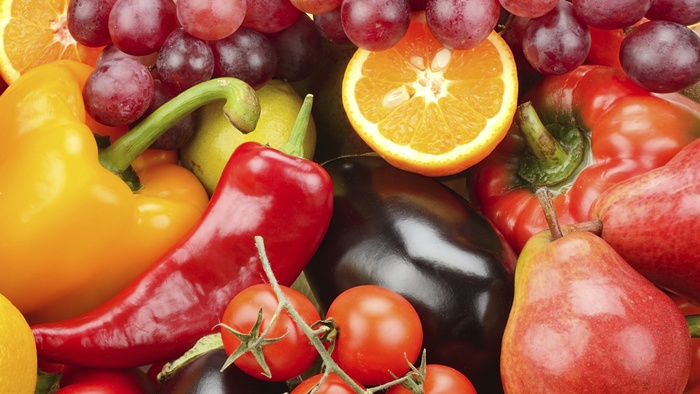
Should you be eating low-calorie snacks? That depends, because all calories are not created equal. For example, if you are overweight or obese and you eat refined carbohydrates, despite the low-calorie label, this can be a very bad idea. These types of calories are high on the glycemic index, so eating those types of food raises levels of blood sugar quickly. When this happens, this blood sugar rush can lead to fat storage and a crash in blood sugar, leading to overeating and craving.
So it really depends upon the snack you select, how much you eat of it, and how often you eat it.
If you want to snack, select foods which are lower on the glycemic index scale, like some fruits, vegetables, yogurt, lower-fat cheese, hummus, whole grain breads, olives, smoked salmon, avocadoes, nuts, and seeds. In my view, these food choices are the best examples of appropriate snack foods.
However, you should be very conservative regarding snacking. If you find yourself having to do this regularly and you are also eating greater quantities, you may want to rethink this strategy.
Although there is nothing wrong with eating healthy snacks occasionally, regular snacking tells me that you are not eating enough food on a regular basis. In my opinion, regular nutritious meals consumed every four hours will prevent this type of pattern.
People who are addicted to carbohydrates have a tendency to snack frequently, because this type of foraging behavior satisfies their regular cravings.
It can be a very hard habit to break, because your brain is being stimulated every time you snack, so when you stop for a while, you crave snacking again. Keeping your blood sugar regulated and eating enough food throughout the day can help prevent this.
The foods you should stay away from include white flour products, sweets, baked goods, puddings, granola bars, muffins, chips, and candy. These foods can cause a great deal of weight gain, even at lower intakes if you are overweight or obese.
How many of you eat very little food throughout the day and then forage continually in the evening after work? If this is your regular pattern of eating, consuming small but complete meals throughout the day will be helpful.
Eating the majority of your calories at night is also not a good idea, as these calories are much more likely to be stored as fat. Consuming snacks which are more nutrient-dense can also put you in a better place from a consumption standpoint.
It has been demonstrated that consuming foods which contain more nutritional value per calorie can greatly affect that amount which is eaten at any given time and in subsequent meals.
So if you eat items like low-fat cheese, raw vegetables, or whole grain pita and hummus, you will be less likely to snack again soon.
If you find yourself snacking above and beyond what you would constitute to be a normal type of diet, I recommend getting involved in a regular program of physical activity. Regular physical activity burns calories and body fat, and it also sends signals to your brain telling it that you are full.
Sources:
Wansink, B., et al., “Association of nutrient-dense snack combinations with calories and vegetable intake,” Pediatrics. January 2013; 131(1): 22-9.
Guelfi, K.J., et al., “Beneficial effects of 12 weeks of aerobic compared with resistance exercise training on perceived appetite in previously sedentary overweight and obese men,” Metabolism. February 2013; 62(2): 235-43.













